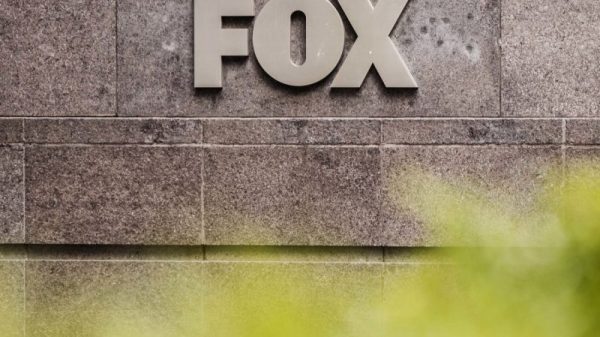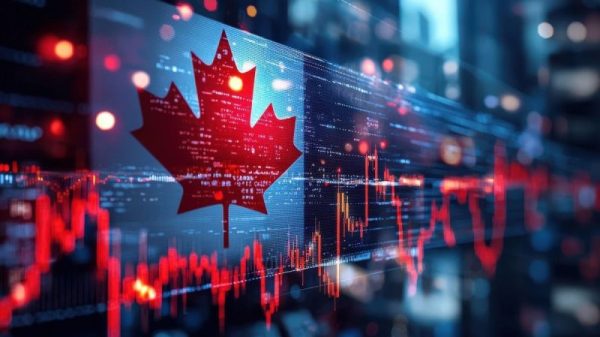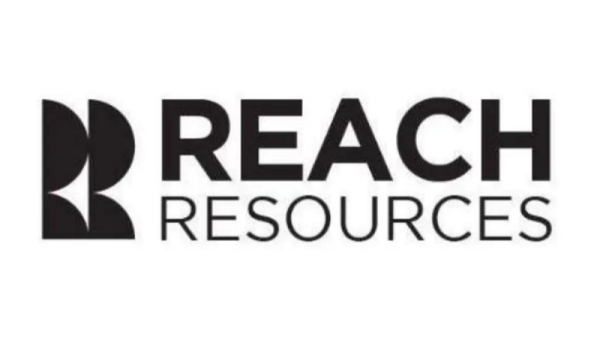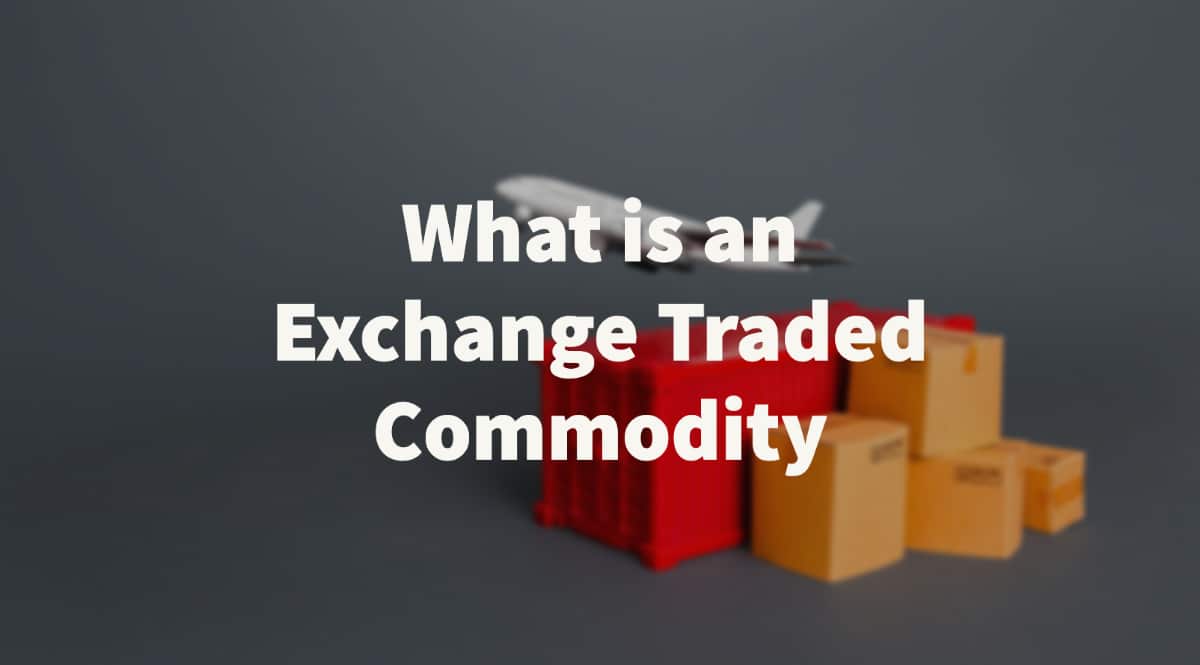What is an exchange traded commodity?
In this article, we would like to explore the concept of exchange traded commodities (ETCs). These are securities that can be traded on an exchange. With them, investors can participate in commodity markets, investing in such objects as metals, agricultural commodities, or crude oil. They can do this without having direct involvement with the commodity market and the risks that come with it.
Explaining how exchange traded commodities work
The way that ETCs function is that they are securities that act like funds and follow other prices available on the market. This is either a futures price or a spot commodity price. Usually, the ETC follows the performance of the commodity these prices represent every day, in the short term.
An ETC could focus on single commodities on their own or on a whole basket of commodities. For example, an ETC could focus on a specific metal, like gold, or it could focus on a whole group of metals in one group. It could also focus on soft commodities of course. This gives traders more flexibility than they would otherwise have trading futures contracts for commodities.
There are certain exchange traded commodity fees to keep in mind as well. There is usually a management fee that needs to be paid to the company managing the ETC fund. This is the expense ratio. There is also a net asset value, which is the value of each share based on the underlying commodity’s (or commodities’) value. The net asset value is not necessarily directly in relation to the ETC price on an exchange as this can fluctuate frequently over the course of a day.
There are several types of exchange traded commodities that exist other than the basic variety. There is firstly an inverse ETC, whose price correlates inversely with that of the underlying asset. If the prices of the commodities go down, the value of the ETC rises. It is therefore similar to shorting. The second type is a leveraged ETC, which offers greater possible profits for investors. They will have access to greater funds than they submit into the ETC, multiplying the potential profits by several factors. However, this could also backfire, causing huge losses, more than they would have initially invested. Therefore these ETCs can be rather volatile, and it’s best to use them for a reliable investment.
A real-world example of an ETC
To look at a real-world example, we could consider the iShares Physical Gold ETC, under the shorthand SGLN. It follows the price of gold but those buying the ETC do not invest in any real gold at all. It specifically follows the price of gold on the London Bullion Market Association (LBMA). The expense ratio it has is 0.12% that these investors will have to pay, which is a relatively small portion, all things considered.
Comparing ETCs vs ETFs
Another type of security that is rather similar to the ETC is the exchange traded fund (ETF). The primary difference between the two is that while ETCs focus solely on commodities, ETFs can focus on a large number of other assets as well. This could be securities, index prices, and others. ETFs also have rather similar variations, offering inverse ETFs and leveraged ETFs. They both appear on exchanges, and the ETFs price similarly varies with the value of its underlying asset. One could believe that an ETC is simply an ETF for commodities, but the reality is a little more complicated.
The difference between these two securities is their structure. The ETCs are notes, unlike ETFs. This means that a bank underwrites them as a form of debt on behalf of the ETC manager. The underlying commodity of the ETC is the collateral the managers offer the bank in exchange. In the case of the debt defaulting, they can recover their investment. This means less risk for the bank. Those investing in the ETC are offering liquidity for managers to buy the notes which have the commodities as their collateral.
Generally an ETF, by contrast, is a fund that would directly deal in buying and selling the underlying assets. Therefore they may have far more direct exposure to commodity markets. Unlike an ETC, a commodity ETF would have direct access to the commodities or futures. They will directly hold the underlying metal, energy products, etc. The ETC will simply follow the prices on a commodities exchange. There is no need to trade the actual commodity.
Conclusions on Exchange traded commodities
Overall we have seen that exchange-traded commodity funds are a possible avenue for investment. They allow access into the commodities market and possibly profiting from it without dealing with the complications of owning actual commodities.
The post What is an exchange traded commodity? appeared first on FinanceBrokerage.


































